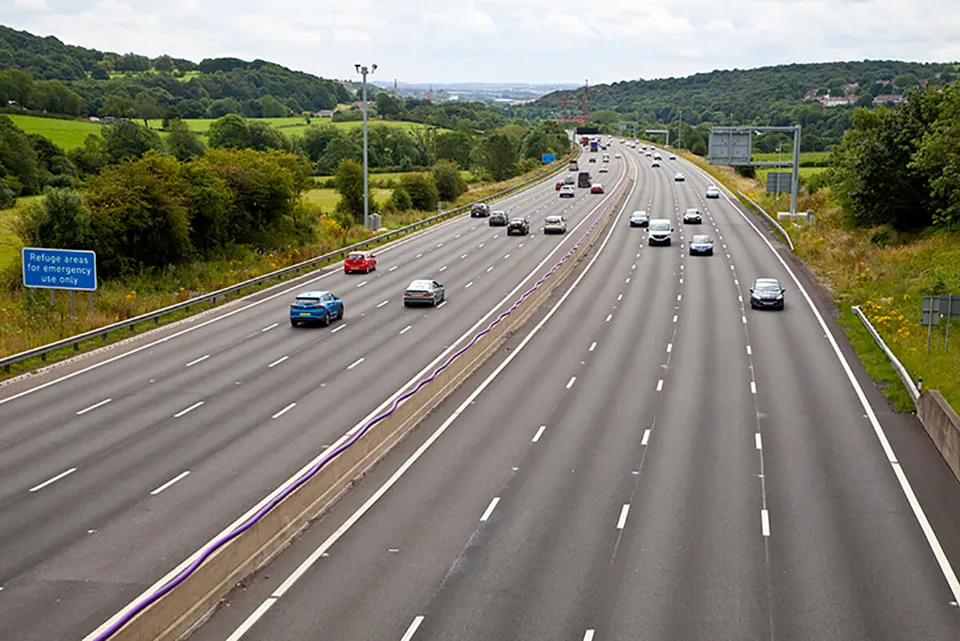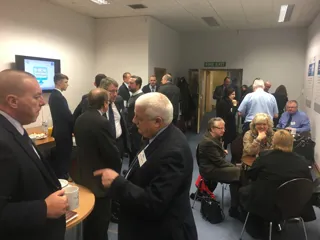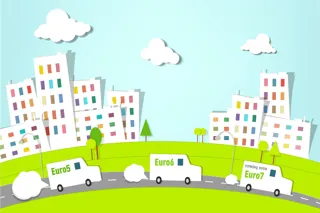The Clean Vehicle Retrofit Accreditation Scheme has been set up to provide independent evidence that vehicle retrofit technology will deliver the expected emissions reductions and air quality benefits in real world operation.
It has been developed jointly by the Low Carbon Vehicle Partnership (LowCVP) and the Energy Saving Trust (EST) together with industry stakeholders through funding and support from the DEFRA/DfT Joint Air Quality Unit (JAQU).
By providing a single standard for any emissions technology to be validated to meet the standards set out in the government’s Clean Air Zone Framework for England, the scheme will enable the existing fleet of urban vehicles to be fitted with proven emission control solutions.
LowCVP’s managing director, Andy Eastlake said: “The most effective retrofit technologies can cut polluting emissions by over 95%.
“By making sure that we fit a range of the most appropriate technologies to the right vehicles, retrofitting can make a very significant, immediate impact on our air quality problems, supporting the complementary strategy to adopt new vehicles as quickly as economically viable.
“Our accreditation process will also ensure that there is no adverse impact on fuel efficiency or carbon emissions and aims to maximise the simultaneous benefits for both the environment and climate”
Technologies already potentially identified and in common use include: SCR (Selective Catalytic Reduction) fitted to exhaust systems, hybrid powertrain systems and engine repowers with gas (LPG or CNG). New technologies will need to provide robust, independent relevant test data of the performance, prior to being considered for CVRAS accreditation.
The scheme is initially aimed at buses but will be extended to cover a wide range of larger urban vehicles.




















Login to comment
Comments
No comments have been made yet.